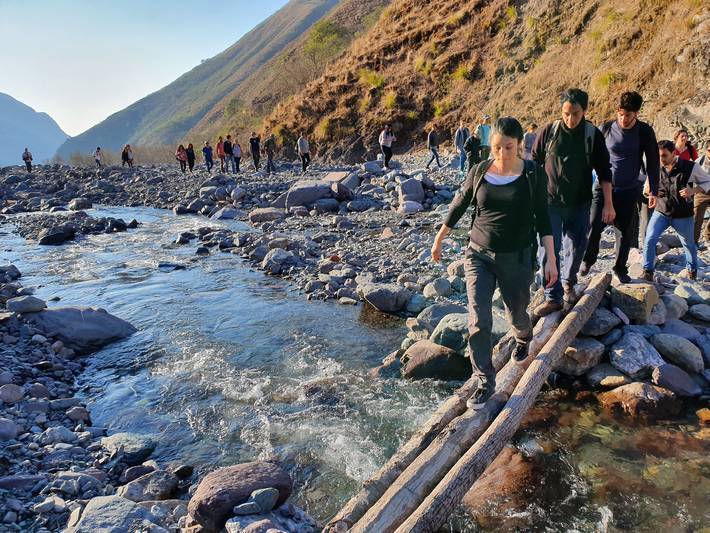
Water Conservation: 7 Simple Ways to Save Water at Home and in Your Business
Water is one of our most precious resources, yet it is often wasted without thought. ...

A $3 million, three-year project supported by Norway’s International Climate and Forest Initiative (NICFI), will enable FAO to organize a number of capacity development events that focus on improved reporting on forest resources as well as hands-on training of developing country participants on using satellite remote sensing to collect data that can be used to produce new and independent global and regional estimates of forest area, biomass, carbon stocks and their changes following an internationally agreed methodology.
The project is meant to get information on the world’s forests to be more transparent and easy-to-use than ever in the coming years in order to improve global statistics on forest resources and their changes.
This is part of the wider Forest Resource Assessment (FRA) work by FAO that collects official forest resources information on all the aspects of Sustainable Forest Management from 236 countries and territories and is the most comprehensive assessment of the status and trends of the world’s forest resources.
“Data provided by the countries are the backbone of the FRA, but there are many improvements that can be made to make these data more up-to-date, complete and easier to access. Through this project, FAO will provide extensive capacity development and develop new tools to help the developing countries to collect, analyze and report forest related information in a transparent manner”, said Tiina Vähänen, Chief, Forestry Policy and Resources, FAO.
Forests support directly or indirectly the lives and livelihoods of 1.6 billion people and are key to sustainable development, yet the current scale and pace of deforestation and forest degradation are alarming – and contribute to more than 10 percent of global greenhouse gas (GHG) emissions. Yet if managed in a sustainable manner, forests are an indispensable part of the climate solution. Tropical forests capture and store immense amounts of carbon, and they are home to more than 80 percent of terrestrial biodiversity.
Enhancing global forest information that serves policy formulation and decision making at various levels is therefore essential in order to protect and manage forests in a sustainable manner. This can only be done if this information is up-to-date and available, which is what this project will help achieve through a direct contribution to improved country capacity to collect, analyze and report forest related information.
اترك تعليقا